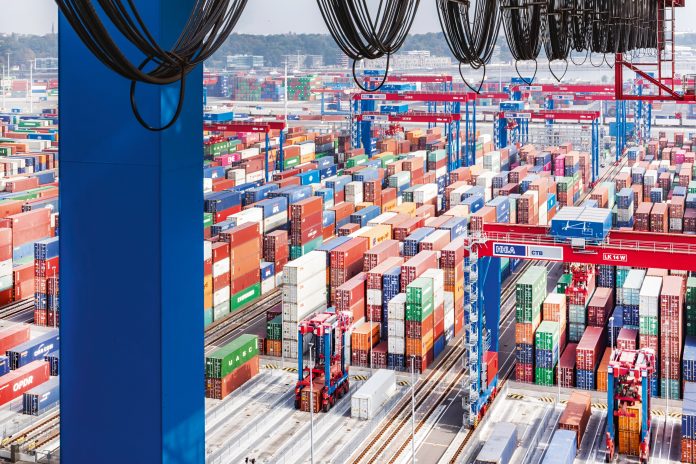While the port workers’ strike at Felixstowe continues, causing challenges in and out of the United Kingdom, the situation in Germany is expected to return to normal.
In the tenth round of collective bargaining with the Central Association of German Seaport Companies (ZDS), the German trade union German United Services Union (ver.di) said it achieved a collective bargaining result for around 12,000 employees in German North Sea ports.
In detail, the collective bargaining agreement says that from 1 July 2022, the wages in full container companies in the corner wage group 6 (including special payment) will increase by 9.4%, in the conventional and general cargo port companies, they increase by 7.9% in the same reference wage group (including special payment).
Additionally, from 1 June 2023, the fees in the above-mentioned operating modes will increase by a further 4.4%.
If the price increase rate is higher, an inflation clause comes into effect, which compensates for a price increase rate of up to 5.5%, according to the agreement.
In the event of a higher inflation rate, the bargaining parties have agreed on a negotiation obligation, including a special right of termination.
“This is a very good result. Our most important goal was real inflation compensation so that employees were not left alone with the consequences of the galloping price increases. We succeeded in doing that,” pointed out ver.di negotiator, Maya Schwiegershausen-Güth.
The ver. di Federal Tariff Commission has already issued a resolution recommendation for the collective bargaining result. The German union will now initiate a discussion process with the members in the companies about the collective bargaining result.
Furthermore, on 5 September 2022, the ver.di Federal Tariff Commission will then make the final decision on the collective bargaining result.







